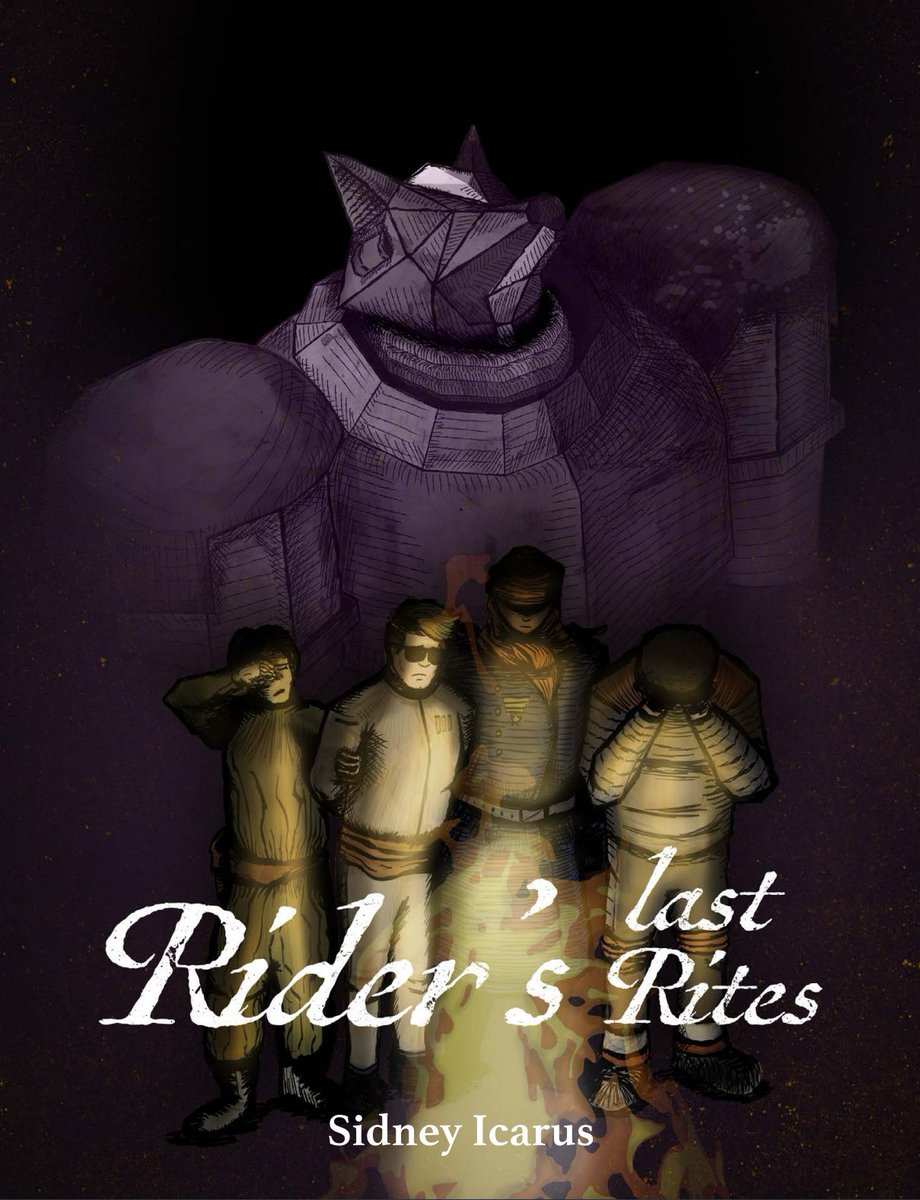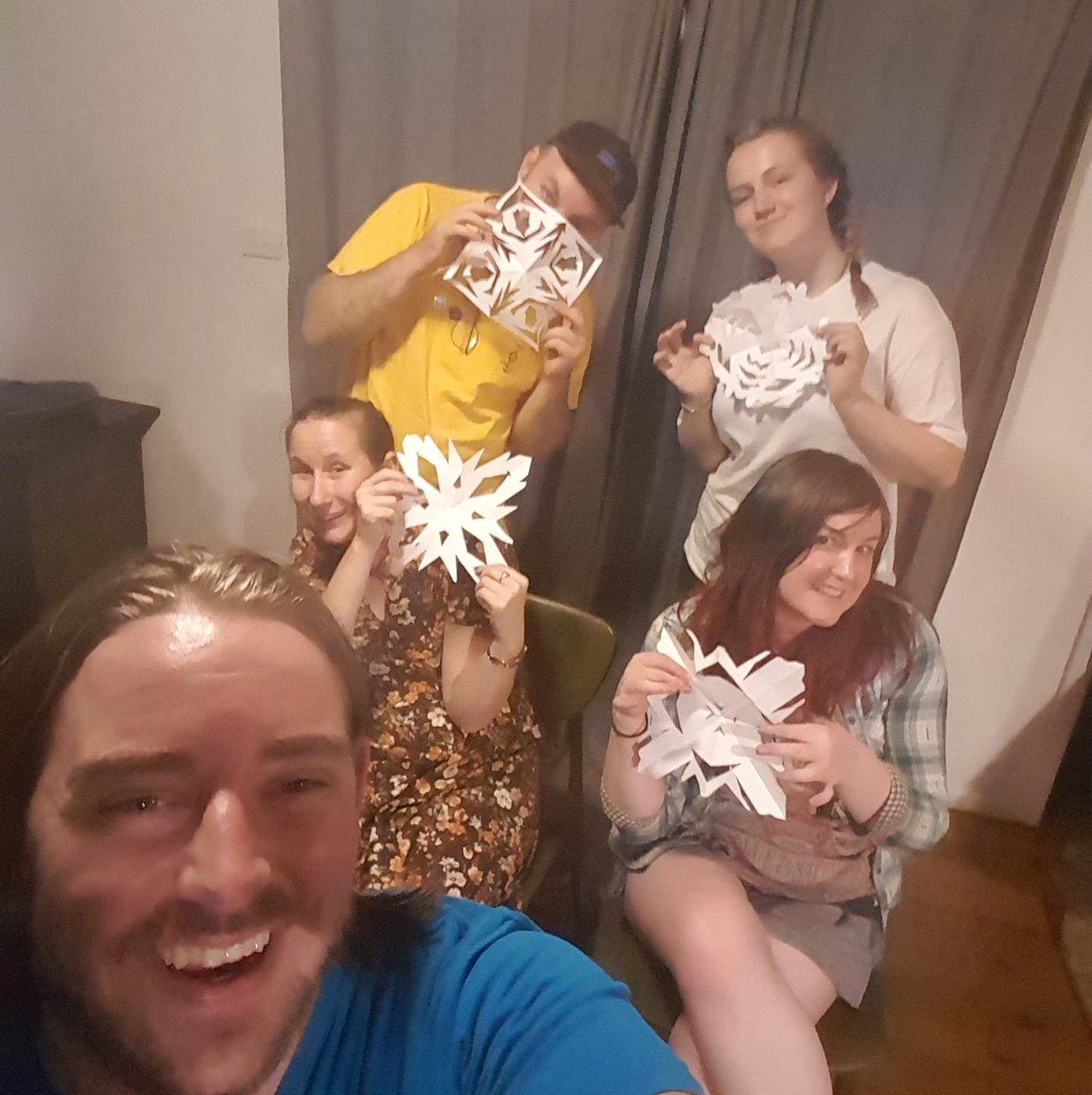1. Maybe D&D is onto something (maybe not)
2. XP on Failure
3. Flagged XP
D&D experience is beautiful and simple. Combat is a mathematical algorithm. It does this much damage, you do roughly this much damage, you have X encounters per day, and therefor we can use XP as an assessment of risk/reward.
But it suffers three problems: 1. It only works when your stakes are death, and your tool is death. What does it mean to "defeat" a monster? Anyone who has an army of lizardfolk scared off by a wizard's apparition knows this. "Do we get XP for all of them?!"
PbtA has a large volume of 6- results, especially late first-wave early 2nd-wave games. In order to help lean the players into it, awarding XP on 6- is born. It has a few benefits: Players roll their lesser stats more often, seeking failure/xp
I just wrapped a game of night witches, in which you advance if during a duty station you meet a requirement of your playbook. Did you walk away from a firey wreck? Did you abandon a lover? These moments are written in advance they "flag" desired moments.
Next time we talk about this, we're talking Corruption and Compendiums. But for now, @threadreaderapp, unroll please.















